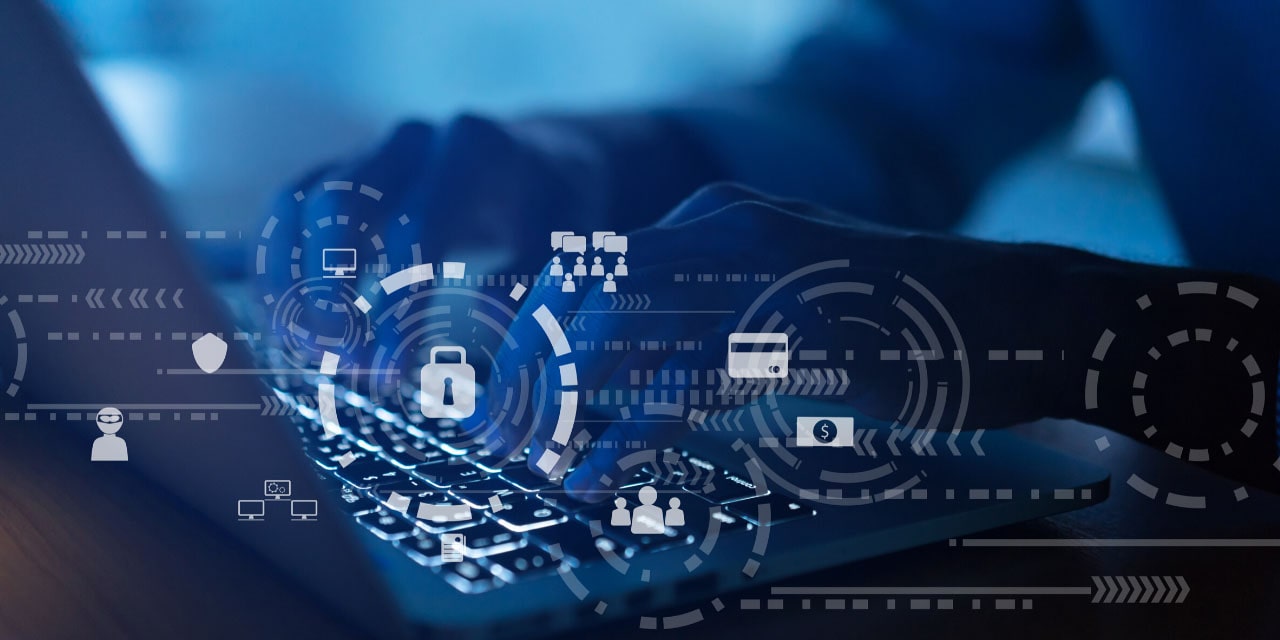Moses Waiganjo and Iyaloo N Waiganjo
COVID-19 has forced most citizens around the world to stay home and to make use of information technology infrastructure such as smart phones, computers and tablets to carry out their daily online activities. The precipitous rise in internet usage at this specific and unique time has also given a green light to more cyber conmen and criminals to attempt to steal money and personal information.
During this pandemic, many services are offered online to comply with social distancing as directed by the government. Academic classes are offered online from primary to tertiary levels. Employees and employers are working remotely from home. Religious worship services are conducted online as well. Shopping has been done online for quite some time, but this has increased during the pandemic. People have been forced to socialize with friends and families online. Zoom (or other platforms) conferences are proliferating. Online platforms have been essential for household and businesses for a long time, but the pandemic has accelerated the trend. There are many cases where people who usually used the internet two or three hours per day before lockdown, used it six or seven hours during it.
More use of the internet and the services it offers, means that more cyber-attacks are have occurred and the threat of malware, online cons and information theft hacks have also increased. Those running these criminal activities are taking advantage of people’s vulnerabilities.
Checkpoint Magazine reported that there are number of new websites registered since the pandemic outbreak and, they claim, 50 percent of them are malicious. Hackers are making use of online scams against people seeking financial relief in the COVID-19 crisis.
Common hacker scams that have plagued internet users for years include phishing. The criminals send fake emails that impersonate businesses, banks, charitable organizations and causes and government offices to ask funds or personal information from the public. They make a fortune duping people all over the world in this way.
Cybercriminals are using spam SMS messages and misleading emails to dupe users into clicking on links that are have malware attached. The hidden malware could be downloaded onto the receiving computers and mobile devices.
Common malware duplicates keystrokes possibly recording bank account details and passwords. Or, it can open address books and give hackers access to people’s contacts. Still other malware can activate the camera on a computer or laptop and allow people to see people in their homes and places of business. The worse malware is called, ransomware. It hijacks and freezes a computer until money is paid to the hackers and a password unlocking the system is given.
Another common trick used is fake websites and apps prompting users to enter their personal details such as names, cellphone numbers, ID numbers, and passwords.
Recommended security tips include:
• Never assume you will not be hacked, as long as you are using internet, computer or a mobile phone, you are a target.
• Beware of suspicious emails, text messages and phone calls.
• Avoid clicking on any link and open attachment from unknown sender. Be cautious when visiting unknown websites. Beware of fake any application you select. Confirm its legitimacy first before you download.
• Be very careful about giving anyone your personal and confidential information. Even if it ‘looks’ legitimate, double check that the person is who you believe they are.
• Use Anti-Virus Protection on any device used on line.
• Keep all your applications updated. Applications that are not updated could be more easily hacked.
• Practice strong password management. Your applications and devices must be password protected with a password. Change that number annually and keep the password to yourself.
Moses Waiganjo (PhD) is a lecturer at The Namibia University of Science and Technology
Iyaloo Waiganjo is a lecturer at the International University of Management – Nkurenkuru Campus
Please read www.unicri.it/news/article/covid19_cyber_crime or www.zdnet.com/article/fbi-says-cybercrime-reports-quadrupled-during-covid-19-pandemic, for more details on the cybercrime wave during the pandemic – Ed




